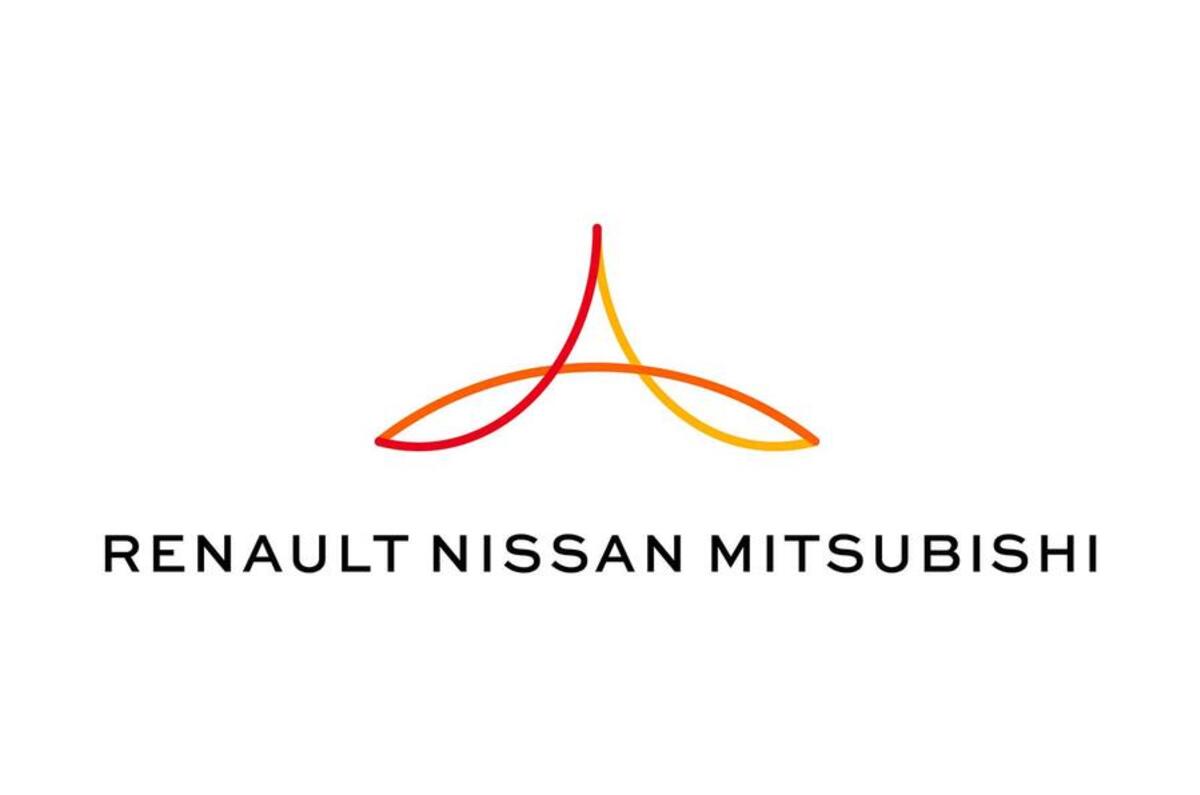Renault, Nissan and Mitsubishi have agreed a new framework intended to strengthen their Alliance, which will include each firm taking the lead in different regions and on key technologies, and the ‘pooling’ of their CO2 average fleet emissions in Europe.
The relationship between the three firms has been under strain since Carlos Ghosn, who led all three and was the driving force behind their Alliance, was arrested on charges of financial misconduct in Japan. Ghosn had reportedly been planning a push for a full merger of Renault and Nissan.
Ghosn has subsequently been ousted from all three firms, which have been working since then to shore up their relationship. There have been reports that key figures within Nissan are working on a secret plan to split from Renault, but a new framework has now been agreed, and has been approved by the firms at an Alliance Operating Board meeting in Yokohama, Japan.
Jean-Dominique Senard, the chair of the Alliance, told reporters that the firms could improve their collaboration and efficiencies without the need for a merger. Senard said their was “no other option” but to change, but added: “The priority was to increase significantly the efficiency of the Alliance.”
The new agreement includes a number of initiatives to boost co-operation between the three firms, while also ensuring they remain separate entities. Notably, each brand will be the ‘reference company’ leading in a specific region: Nissan in China, Renault in Europe and Mitsubishi in South East Asia.
The brands will also adopt a ‘leader/follower’ model for the development of future platforms, powertrains and technology, with each firm taking a lead in key areas. This is similar to how the firms previously operated with, for example, Nissan leading electric vehicle technology while Mitsubishi headed plug-in hybrid systems.
The firms have also agreed to pool their fleets for the purposes of the European Union CO2 emission targets. By doing so, they will be treated as one company by the EU when calculating total fleet average – and any penalties. According to EU data for 2018, Renault’s average fleet emissions were 112g/km in 2018, with Nissan’s 115g/km.
The new agreement also involves Renault manufacturing a Mitsubishi-branded van based on its Traffic, which will be sold in the Oceania region.
READ MORE
Nissan working on secret plan to split from Renault, according to reports
Carlos Ghosn hits own at Japanese legal system, reaffirms his innocence
Renault-Nissan-Mitsubishi Alliance announces big investment in future tech








Join the debate
Add your comment
Three....
Porsche, Mercedes and BMW , could an alliance work with them?